Laramie Rehab Drug & Alcohol Resources
The city of Laramie is located in Albany County in southeast Wyoming. Laramie is known for popular outdoor activities such as skiing, snowmobiling, mountain biking, hiking, hunting, and fishing.
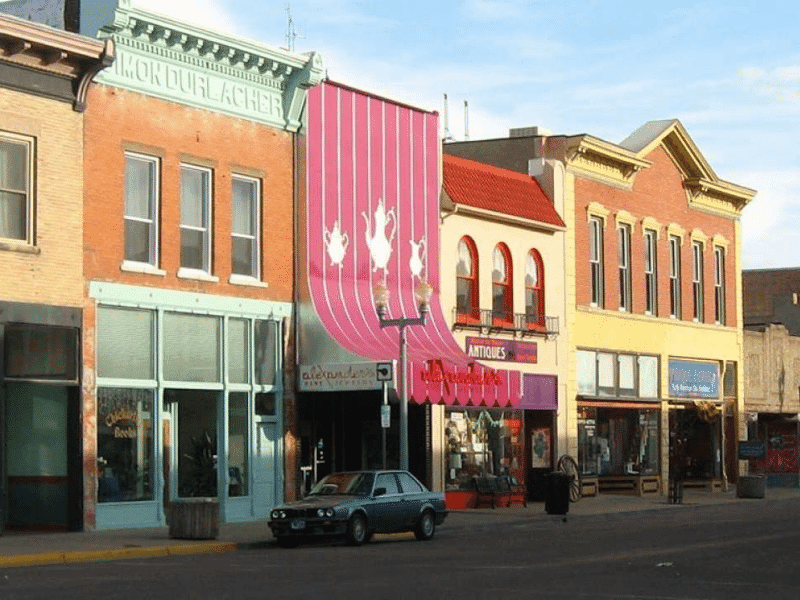
As you begin the process of searching for the best treatment program for yourself or a loved on, there are a lot of factors to consider. Colorado has excellent treatment options for Wyoming teens and young adults.
Talking to a knowledgeable treatment and mental health professional can help assess your needs, and guide you to resources that would be best for you.
Laramie is a three hour drive to Colorado Springs, home to our adult detox and teen residential programs where you can stay while getting treatment. With an onsite discharge planner, when you complete treatment, you will have a robust aftercare plan and referrals for local therapy back in Laramie.
Our Colorado Springs office serves teens and young adults who are struggling with mental health and substance abuse.
Our medical detox and inpatient center is located in city proper and our Teen Residential Center is a short drive up to the mountains in Cascade. Or if less intensive treatment is indicated, our online intensive outpatient program is available.
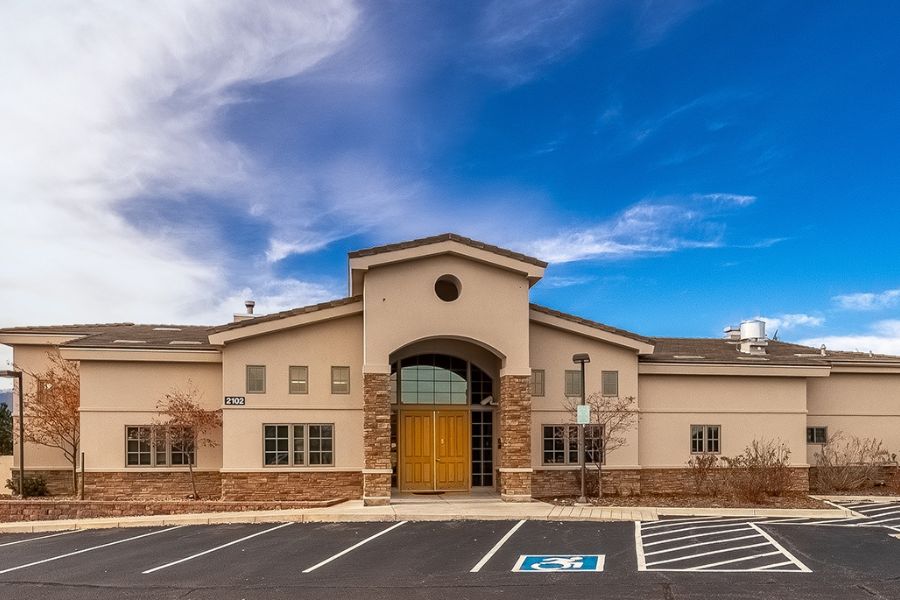
2102 University Park Blvd, Colorado Springs, Colorado, 80918
(888) 850-1890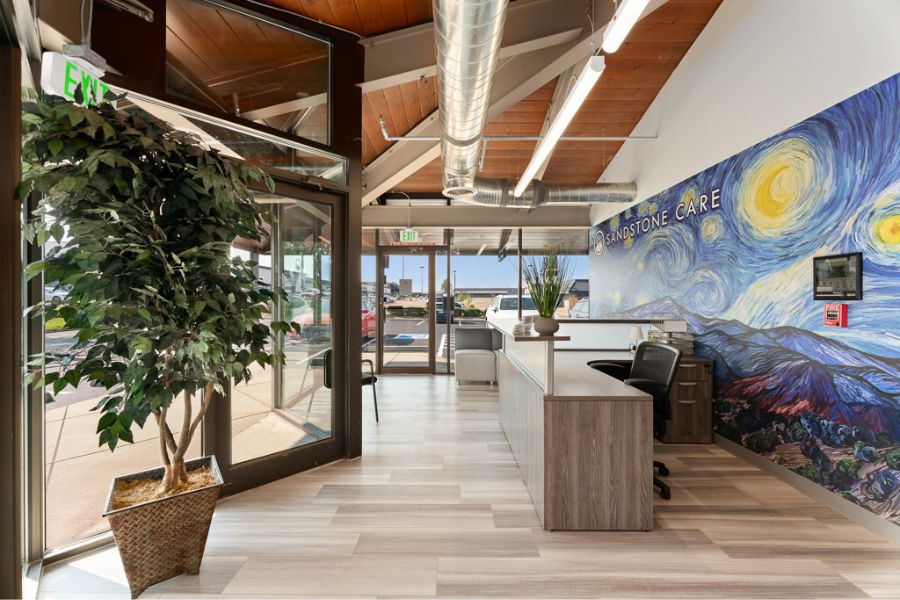
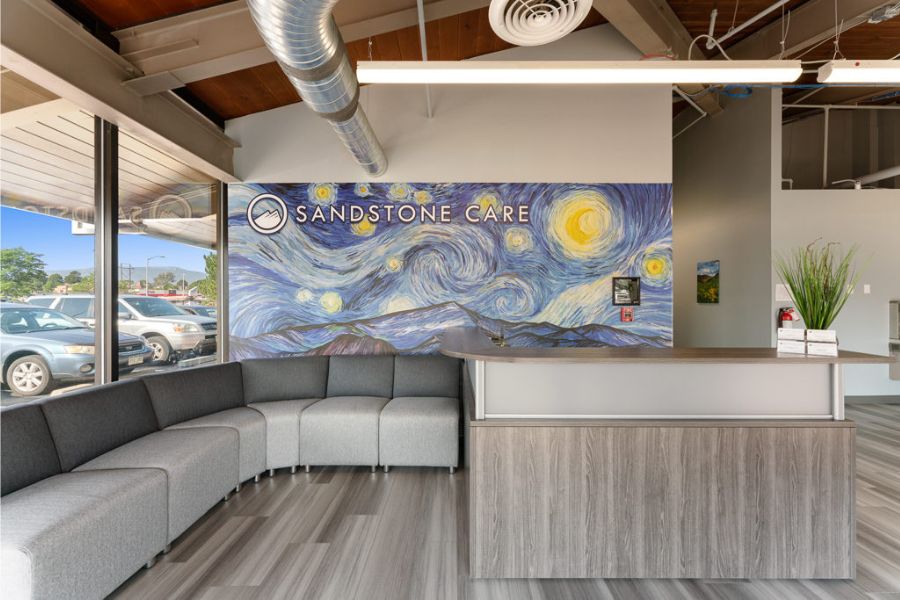
5735 N. Academy Blvd, Colorado Springs, Colorado, 80918
(888) 850-1890

2020 Martins Grant Ct., Crownsville, Maryland, 21032
(888) 850-1890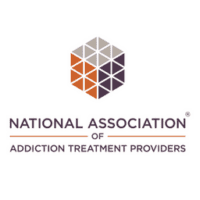

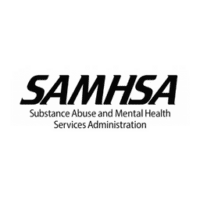
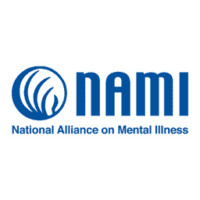
The Continuum of Care
Access a full range of treatments for mental health and substance use disorders. Whether you need a safe transitional living program, inpatient care, or outpatient treatment, we have a program to help.
The Right Program: A detailed interview and assessment process with a clinical professional. Look for an organization that assesses physical and mental health, as well as qualifications for your loved one’s specific needs. Make sure the organization you’re considering has skilled experience with the the drawbacks your loved on is facing.
If the organization isn’t right for your substance abuse treatment, ask if they have referrals for a more appropriate fit.
Professional Team: Look for a licensed, experienced organization that focuses on a team-oriented approach, working together to support each client and their family. Find a team that includes individual and family therapists, substance abuse counselors, psychiatrists, and dietitians.
A highly credentialed team taking a holistic approach to care is critical to achieving successful outcomes from substance abuse and addiction treatments.
Safety: An organization that focuses on participant safety, both physical and emotional. Many people will discover through the treatment process that abstinence from all substances is the best choice for them. Through this journey, it is important to support participants in staying safe and reducing harm.
Find a support system you trust to aid your substance abuse and addiction treatment.
Mental Health and Trauma Training: Drug abuse and addiction generally co-occur with a mental health or trauma experience. It is important that a treatment program has the ability to treat not only substance abuse but also underlying mental health concerns and trauma.
Ideally, a program would have a psychiatrist on staff, and staff trained in trauma-informed care. A good support system believes recovery and healing are two sides of the same coin, and both are necessary for long-lasting success.
An Individualized Program: An organization that tailors the experience to the individual and their unique needs. Find a team that sees you or your loved one as a person and creates a support program based on what is needed. True change from substance abuse and addiction treatment comes from authentic connection and genuine investment.
Strengths Based: An approach that focuses on what is working and nurtures those activities, patterns, and behaviors to encourage health and vibrancy.
Evidence-Based Care: An organization that draws on research and time-tested practices for the best possible outcome. Research or ask about the therapy methods they use in addition treatment.
Family Oriented: Any large life challenge always affects and is impacted by the surrounding system. Find an organization that supports and integrates the whole family. No one walks the road to recovery alone.
Our 24/7 Medically supervised detox and inpatient program lasts 5-21 days.
We understand that you have your own unique story, so once you are safely stabilized, we listen to you about what has been going on and perform medical and psychological evaluations to get a better understanding of your individual needs.
Our comfortable private rooms and safe, supportive environment help you to recover from drug and alcohol addiction.
Laramie was founded in the mid-1860’s as a tent city near Union Pacific Train line as part of the first transcontinental railroad.
Wyoming is the least populous state in the US with a population of 579,315 in 2017. Wyoming, due to its size and low population, creates challenges in providing quality healthcare to its residents, especially in rural areas. Communities that are not located near the two major interstate highways tend to be more isolated. Drug deaths have increased by 167% in the last decade. The state ranks 32nd in health care and 48th in public health policy. Wyoming ranks 3rd in the nation in suicides, with a rate nearly double the national rate.
Wyoming is not immune to the issues around drug addiction. There were a total of 154 overdose deaths in 2016-2017. In 2018 the state experienced 40 drug overdose deaths due to opioids (rate of 6.8%) compared to the national average of 14.6%. In 2018, Wyoming providers wrote 57.1 opioid prescriptions for every 100 persons compared to the average US rate of 51.4 prescriptions.
Due to Wyoming’s low population and size, resources can be difficult to find and access. A few initiatives offered to the state’s residents include prescriptions for naxalone, trainings on how to administer this life saving drug, and educational materials.
The Wyoming Medication Donation Program accepts donations of certain medications and will redistribute them to others who may need them. This program also accepts controlled substances for disposal.
Wyoming offers Medication Assisted Treatment (MAT) which uses medication, combined with counseling and other therapies to help treat substance abuse disorders.
There are prevention initiatives geared towards young people to educate them on the dangers of opioid prescription medicines as well as the health implications that occur.
In addition to seeking out support from addiction professionals, having a network of people that will build you up as you continue your sobriety is very important. Organizations like 12 Step Programs and SMART Recovery provide meetings that build up sober individuals and help to create a supportive community.